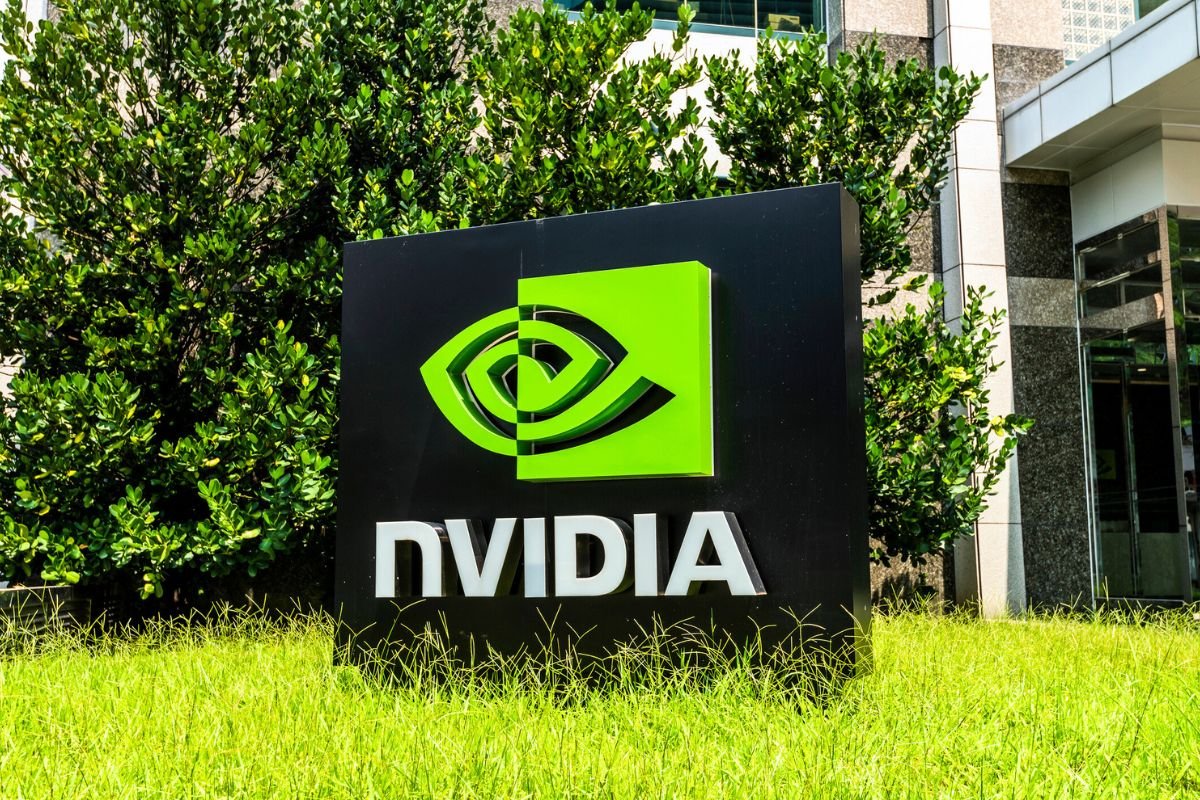Artificial intelligence is marching so fast that, according to Nvidia’s boss, memorising syntax might soon feel as antiquated as dial-up modems. If you’re eyeing a future in tech, you may want to reconsider the whole “learn to code” mantra.
Jensen Huang the iconoclast
At the World Government Summit in Dubai this February, Nvidia’s charismatic co-founder Jensen Huang challenged a long-standing belief: coding is no longer a guaranteed passport to employment. Sporting his signature leather jacket, he predicted that advances in AI revolution will render traditional programming skills largely obsolete. Huang believes that as tools evolve to accept natural-language instructions, “anyone in the world is a programmer,” effectively collapsing the barrier between idea and execution.
Nvidia CEO Jensen Huang has a unique take on what kids should study in school.
— MCR (@ammohitchaprana) February 22, 2024
While computer science and programming were once the must-have skills, Huang believes that the focus should shift to specific domain knowledge such as biology, chemistry, or finance. pic.twitter.com/ImsKiVvcXK
I recall attending a local tech meetup where half the audience furiously scribbled Python tips; imagine their surprise if they’d heard Huang’s claim that soon you’ll simply type “build a website” and watch it materialise. Nvidia’s latest GPUs are already powering breakthroughs in text-to-code platforms, making it possible for novices to generate complex scripts with a few well-crafted prompts. If that trajectory continues, mastering curly braces and loops may feel more like an optional hobby than an essential career move.
An Opinion Far from Unanimous
Unsurprisingly, not everyone is ready to toss their coding books into the bin. Patrick Moorhead, analyst at Forbes, took to X to remind us that for decades, pundits have proclaimed “XYZ will kill coding”—yet we still face a persistent shortage of developers. “AI won’t eliminate programming any time soon,” he argued. “It simply puts coding in more hands,” much like desktop publishing democratised design without killing off graphic artists.
For over 30 years, I’ve heard “XYZ will kill coding” yet we still don’t have enough programmers. An incomplete list of things that were going to kill coding, starting with machine code:
— Patrick Moorhead (@PatrickMoorhead) February 24, 2024
-compilers
-Basic
-COBOL
-Fortran
-C
-Python
-Java
-Swift
-IDEs
-low code tools
-no code tools… https://t.co/1AX2NHlaZ5
In fact, a recent Bloomberry report on US freelancers shows that demand for programmers has actually surged since ChatGPT’s debut, while writing gigs dipped by 33 per cent and translation assignments fell by 19 per cent. This suggests that companies still prize human expertise to architect, refine and debug—even when AI lends a helping hand.
Among the software engineers I’ve chatted with, most appreciate AI’s ability to automate routine tasks but insist it can’t yet grasp project scope, collaborate on team conventions or intuitively reshape a legacy codebase. They view AI as a productivity enhancer, not a wholesale replacement. After all, knowing how algorithms tick deepens your problem-solving toolbox in ways that stretch far beyond typing code.
Only time will tell whether AI becomes the ultimate co-pilot or the co-captain of the tech world. For now, it seems wise to blend natural language tools with foundational programming know-how—so you’re ready for whichever course the industry charts next.



